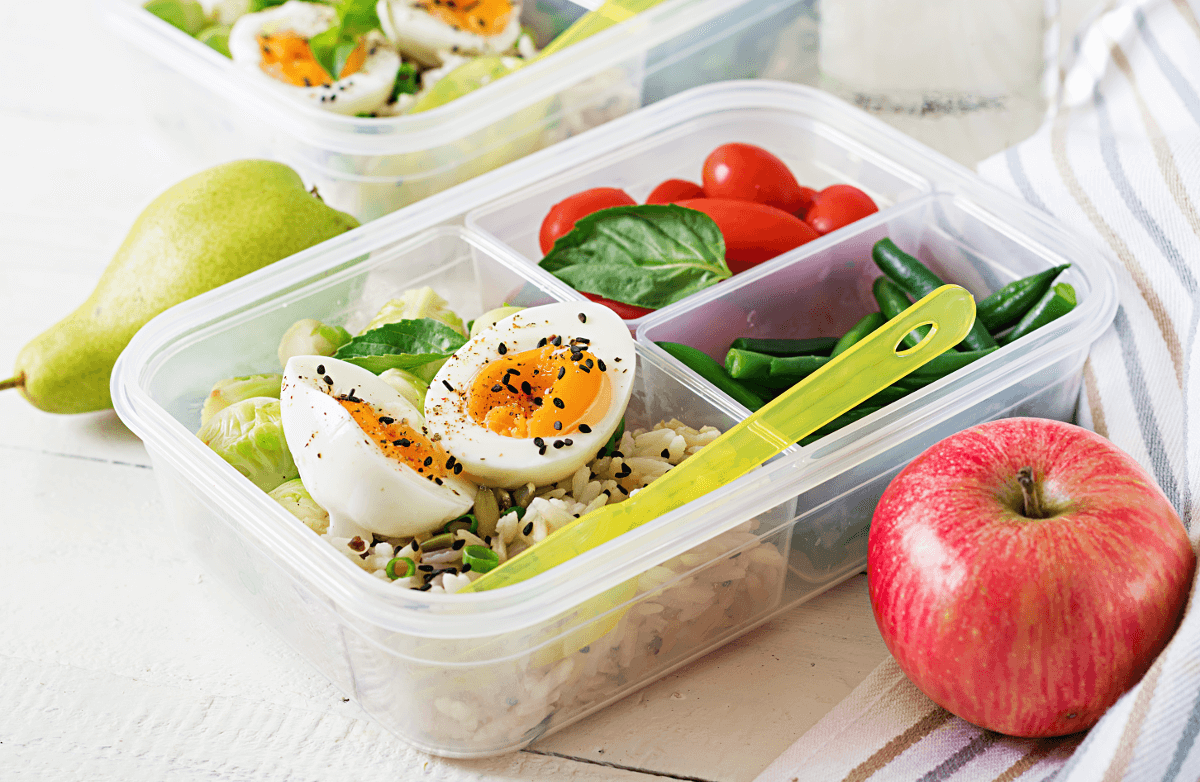Calcium plays an important role in strengthening bones and teeth. But what many people don’t know is that it also helps muscles and nerves function properly. Calcium isn’t something your body can manufacture itself, so it relies on your diet to meet its needs.
Bones and teeth store about 99 percent of the calcium in the body, with the remaining 1 percent usually found in blood, muscles and other bodily tissues and fluid. If your body isn’t getting enough calcium from the foods you eat, it will take the mineral out of your bones, essentially robbing them of some of their strength. A calcium deficiency can eventually lead to osteoporosis, which is the loss of bone mass. Because bones are continually repaired throughout your lifetime, it is essential to get enough calcium, no matter your age. Taking care of your bones now will aid you in later years.
It is currently recommended that adults ages 18-50 consume about 1000 milligrams (mg) of calcium a day, while adults ages 51 or older need 1200 milligrams. (It is also worth noting that adequate consumption of vitamin D aids in the absorption of calcium.)
The best sources of calcium are, of course, dairy foods. Just one cup of milk or yogurt contains 300 milligrams of calcium. Other good sources include cheese (200 mg. per ounce) and cottage cheese (77 mg. per 1/2 cup). Use caution with dairy products, however. While you can meet your calcium needs with three to four dairy servings per day, watch out for extra calories and fat. Often, these foods come in non-fat or low-fat varieties, many of which taste just as good as the full-fat versions yet still contain the same amount of calcium.
Green, leafy vegetables are high in calcium, but low in calories. One cup of spinach contains almost 250 milligrams of calcium, while a cup of kale has almost 100 milligrams. Broccoli contains 80 milligrams, making it another healthy vegetable to include in your diet. Other excellent sources include canned sardines (325 mg per 3 oz), canned salmon (180 mg per 3 oz), nuts such as almonds, legumes like garbanzo beans or peas, and fortified tofu (130 mg per 1 cup).
15 Simple Ways to Increase Calcium Consumption
There are many easy ways to boost your calcium intake by sneaking these foods into your daily diet:
- Add beans to soups, chili and pasta dishes.
- Grate low-fat cheese over soups and salads.
- Enjoy a smoothie made with yogurt.
- Use milk instead of water in soups, breads, sauces or salad dressings.
- Add milk to tea or coffee in the morning.
- Try plain yogurt as a vegetable dip.
- Stir some nuts into a yogurt cup as a snack.
- Include leafy vegetables in baked casseroles such as lasagna.
- Buy juices and cereals fortified with calcium.
- Drink skim milk instead of soda at lunch.
- Eat hot oatmeal made with milk for breakfast.
- Snack on crunchy broccoli instead of potato chips.
- Substitute plain low-fat yogurt for recipes that call for sour cream.
- Treat yourself to pudding made with skim milk for dessert.
- Take a daily supplement, available in capsules or chewable tablets.












